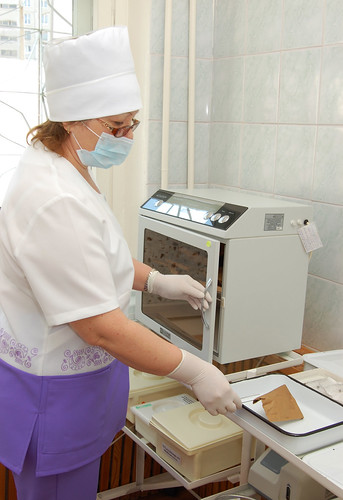Whether you work as a nurse now, or plan to do so in the future, get set for long hours. Shifts of 12 hours or longer are common, particularly in hospital settings. However, the good news is that often you’ll have a shorter work week in general, so that when you have days off, it’ll be easier to recuperate.
Interestingly, a study performed by the University of Pennsylvania’s School of Nursing has shown that these extended shifts are not just grueling for nurses, but they can actually affect patient satisfaction. The study also pinpointed the idea that a shorter shift lessens the probability of feeling burned out. Surprisingly, 70% of patient outcomes in the study were strongly impacted by receiving care from nurses who had a longer shift than others. Also, the study occurred in states that collectively represent a quarter of the United States’ population, so the large sample makes the statistics even more convincing.
Time Management is Key
So, if you’re a nurse, what does this mean for you? Actually, the strategies for staying level headed in a nursing career aren’t much different from other industries. Nurses undoubtedly must display poise under pressure, and show an ability to take initiative at a moments notice. People who are currently in the healthcare field commonly note that no work day is exactly the same, so it’s impossible to predict what might happen next. However, your attitude to the erratic nature of a healthcare career can make a huge difference. Instead of looking at it like an impossible challenge, try to perceive it as an opportunity. You have the unique ability to truly change someone’s life for the better on a daily basis.
In terms of time management, speak to your supervisor and try to arrange a schedule that gives you a solid work-life balance. Also, be strict with yourself, and resist taking any overtime hours, unless it’s absolutely necessary. This is a particularly hard concept for new nurses to grasp. Understandably, you want to demonstrate you’re committed to doing a great job, and pitching in however you can. In some cases, this might require you to work a few extra hours here and there, but you shouldn’t make a habit of it. Hopefully, your superiors will be understanding of the fact that, in order to excel, you need some rest and relaxation time.
Clear your Mind
At the end of every workday, don’t dwell on what you could have done better. What’s done is done, and if you beat yourself up over perceived failures, you’ll be increasing your chances of becoming frustrated over your job.
Also, make a conscious effort to remove yourself from your workplace from the second you leave that environment. This will make it easier to have downtime that’s more valuable, and in turn, more rejuvenating. People who work in all sorts of industries often find it difficult to ”turn off” their active mind at the end of the day. If this sounds like you, consider practicing techniques such as mindfulness meditation or Tai Chi to teach yourself how to gain a better separation from your work life.
At first, you might feel guilty for forcing yourself to adapt to these new changes. Instead of resisting your own efforts, simply remind yourself that they’re a method for gradually increasing your mental clarity, and also potentially improving the satisfaction of the patients that you serve.
– Kara Martin writes for nursing blogs. If you’re thinking of a career in nursing, check out pediatric nurse nursingdegree.org info.



